Murod Nazarov calls for legalizing tree-cutting for developers, MP rejects proposal
Entrepreneur Murod Nazarov, who works in the construction sector, has called for lifting the ban on cutting down trees in Tashkent. Speaking at a July 17 meeting on the construction industry, he argued that the current restrictions increase corruption. Instead of a blanket ban, he proposed that developers be required to plant new trees to offset those removed.
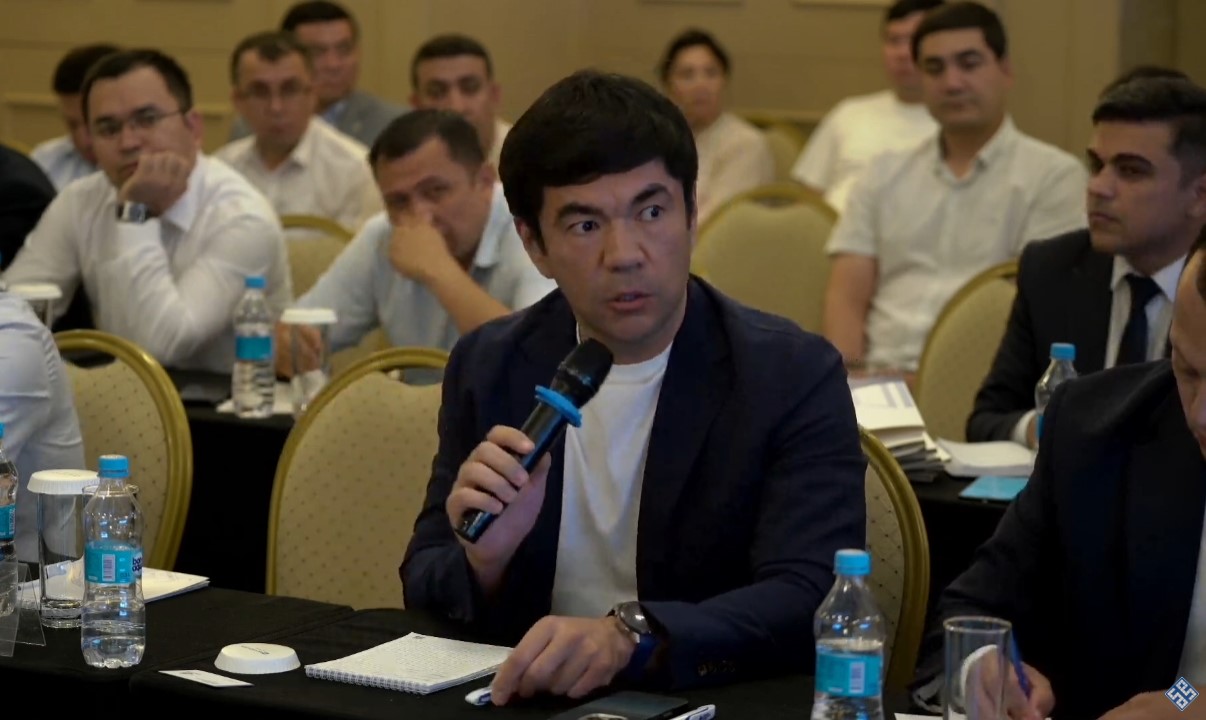
Photo: Frame from the video
“Restrictions on tree removal for developers in Tashkent are unreasonable,” Nazarov said. He explained that developers are sometimes forced to cut down trees that obstruct construction activities.
“Tashkent’s master plan is being revised. From now on, construction in the capital will be limited to renovation and reconstruction zones. Naturally, there is no empty land left – every building has trees around it. The moratorium was introduced after trees were cut down carelessly, which sparked strong public backlash,” he said. “But the truth is, even during reconstruction, trees often obstruct equipment. And despite the ban, trees are still being cut down one way or another. Restrictions only encourage corruption. I am also against special exemptions.”
As a solution, Nazarov suggested obligating developers to plant new trees in advance, before any are cut down.
“Every construction company or even a third party should work on creating a ‘tree bank.’ For example, we know roughly how many construction projects we’ll have in the next year or two, and how many trees might be affected. Let’s plant replacements in advance. Then, when it becomes necessary to cut down a tree, we will already have a substitute ready – with its diameter and specifications recorded. If needed, third-party entities can take charge of this. If a developer hasn’t planted trees in advance, they should be required to buy them from someone who has. This would turn tree planting into a kind of investment,” he explained.
He also suggested that newly planted trees should be transferred to the balance of the district in which the original tree was removed. “For example, if trees are cut in the Mirobod district, the newly planted ones should be handed over to that district as replacements. Instead of imposing restrictions, let’s create a workable system,” Nazarov said.
Sherzod Kudbiev, chairman of the State Tax Committee, supported the idea, saying: “If a developer has planted 1,000 trees in Mirobod, they might be allowed to cut down 50 trees somewhere else.”
However, Bobur Bekmurodov, a member of the Legislative Chamber of the Oliy Majlis, pushed back against the proposal to legalize tree-cutting.
“The moratorium is not up for debate. A developer says tree-cutting should be legalized, while environmentalists say developers should build their homes outside the city. What determines the truth is public opinion. Today, people want more green spaces in the city center, not more construction,” he said.
Bekmurodov also criticized the idea of replacing cut trees with newly planted ones.
“A single sycamore tree takes 7 to 10 years before it can provide even a little shade. Has the developer proposing this plan actually planted trees and grown a park a decade ago?” the MP asked.
In Uzbekistan, penalties for illegal tree-cutting are outlined in Article 79 of the Code of Administrative Liability. Cutting down, damaging, uprooting, or relocating trees, shrubs, or other plants without legal authorization carries a fine of 25–50 times the base calculation unit (BCU) for individuals, and 50–75 times the BCU for officials.
Related News
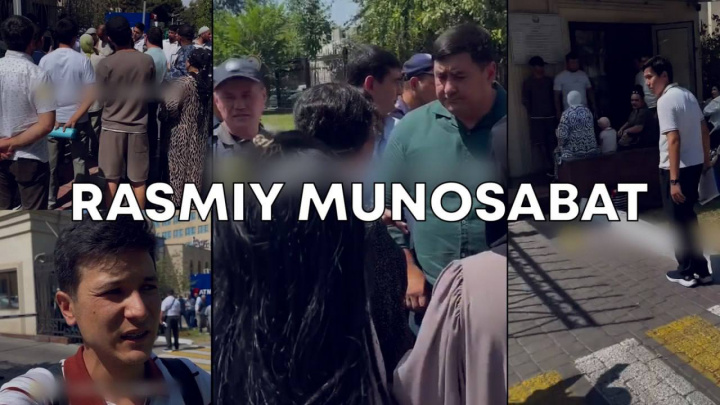
13:16 / 16.07.2025
Unlicensed developer in Tashkent defrauds dozens in apartment scam
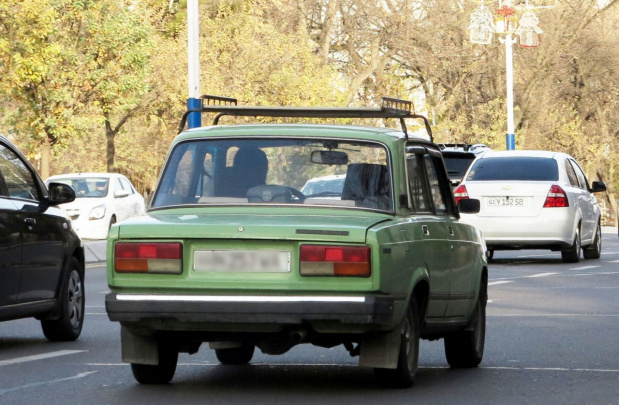
10:21 / 12.07.2025
Old cars to be retired: Uzbekistan moves toward modernizing vehicle fleet
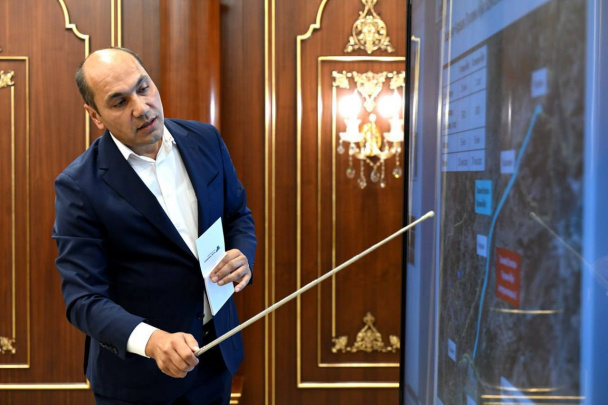
16:03 / 10.07.2025
Greener, smarter, more livable: How Tashkent will change over the next 20 years
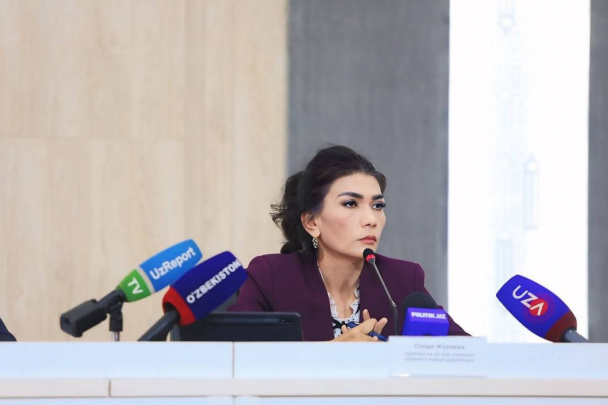
08:15 / 10.07.2025



